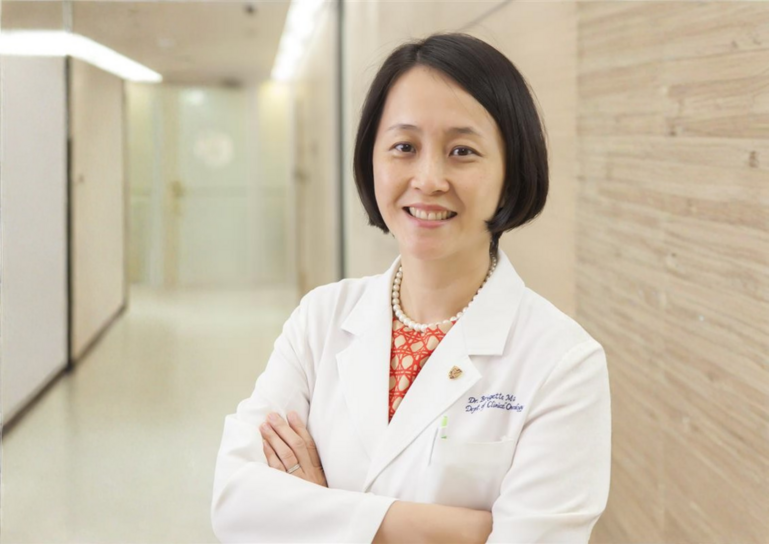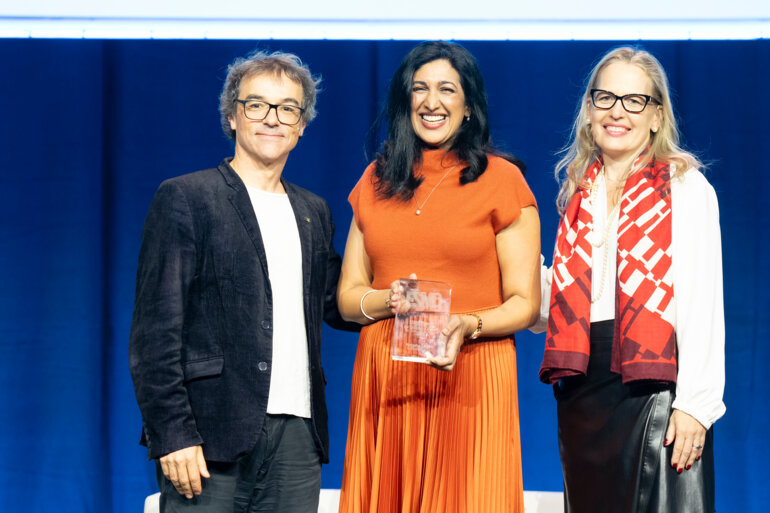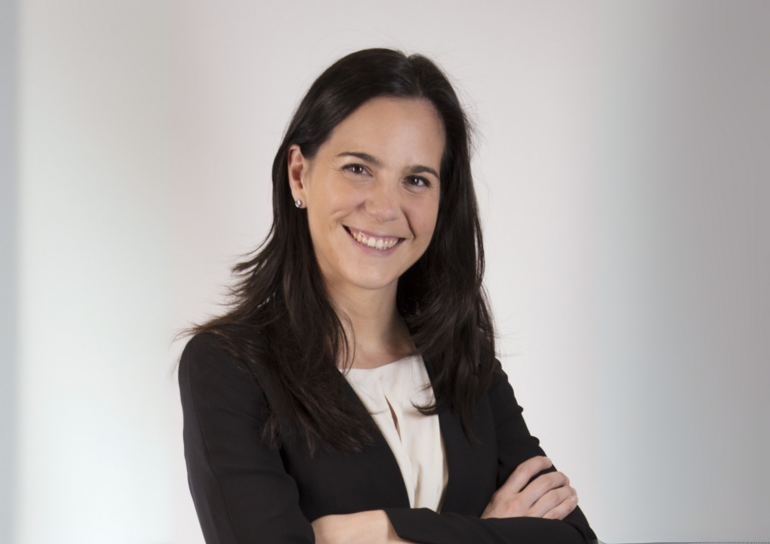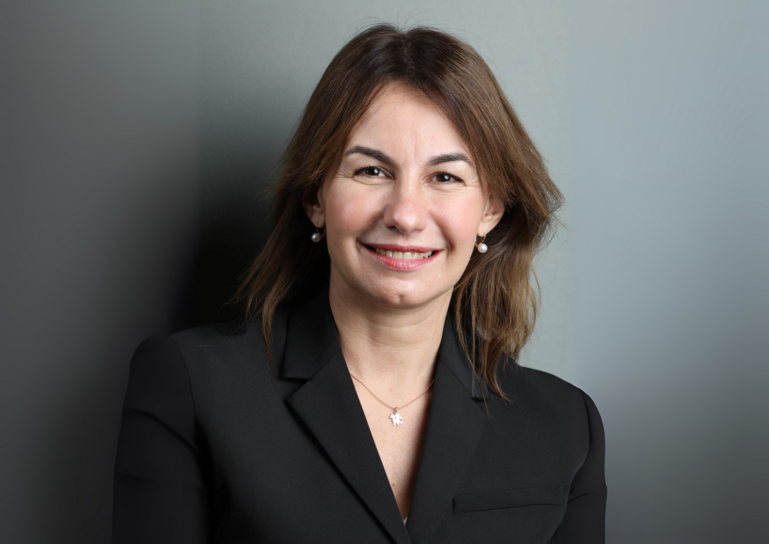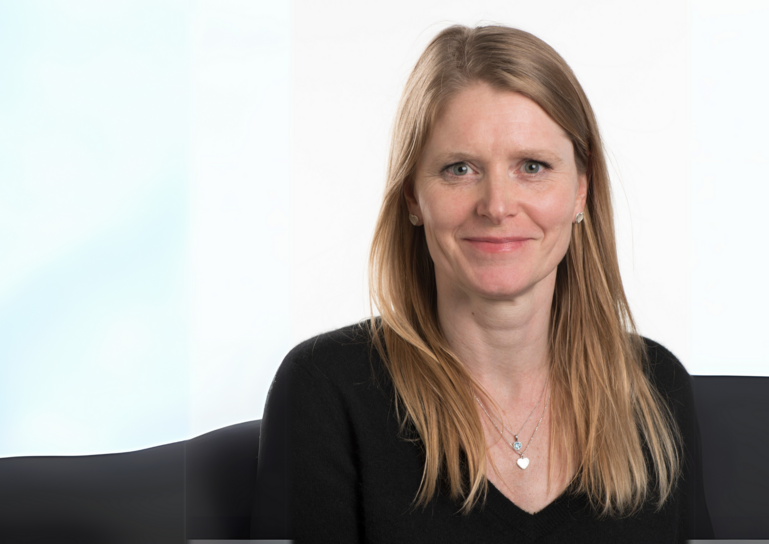Moving back and forth across academic and corporate positions has become increasingly common for oncologists in search of new opportunities
At its best, academic oncology has not only collaborated effectively with the pharmaceutical industry to bring new anticancer treatments to the clinic, but also produced major scientific breakthroughs of its own, such as the foundational research behind innovations like immune checkpoint inhibition (Nature Commun. 2020;11:3801). Although departures from the university benches to take on corporate leadership positions have always been a part of normal senior faculty turnover, a growing risk of burnout and distress among physicians and the rarefaction of research grants (Lancet Oncol. 2021 January 1;22(1):e6) in the COVID-19 era may push more and more academics down alternative professional routes in the future.
I left because I wanted to dive more substantively into drug development, some aspects of which are inherently industry-facing and thus inaccessible from the academic perch.
What draws academics to the pharmaceutical industry
Oncology has rapidly become a strategic growth area for pharmaceutical companies, which have long been proactive about attracting talented scientists. With an explosion in the number of targets and molecules under investigation in recent years, the opportunities for meaningful research and career development outside of academia have never been greater.
Dr. David Hyman, Chief Medical Officer, Oncology at Lilly, confirms he was running towards rather than away from something when he decided to make the move after almost a decade heading up the Early Drug Development service at Memorial Sloan Kettering Cancer Center in New York, USA. “I loved my time in academia: I was fortunate enough to be involved in clinical research that advanced the standard of care, learned from inspiring mentors like José Baselga and, in turn, help train a new generation of investigators,” he reports. “I left because I wanted to dive more substantively into drug development, some aspects of which are inherently industry-facing and thus inaccessible from the academic perch, as well as assume greater accountability for a smaller set of objectives as opposed to being spread across the breadth of patient care, clinical research and institutional responsibilities.”
A new fellowship in memory of José Baselga
As the multidisciplinary aspect of oncology increases, the importance of the role of clinician-scientists in the future of cancer research and patient care is growing. To support this career path, ESMO has launched the José Baselga Clinician Scientist Fellowship, supported by AstraZeneca, which provides protected time for research, along with resources and mentorship to support physicians wishing to follow this career path. Submit your application by 19 June 2022.
Academia versus pharma: understanding the trade-offs
As it has become increasingly common for oncologists to move back and forth across academic and corporate positions, many report being surprised by the similarities between them, such as an emphasis on scientific rigour and a shared dedication to addressing unmet clinical needs (Ann Oncol. 2017;28(9):2312-2314)—an impression Hyman shares. Yet in many other ways the two worlds are markedly different. For example, Hyman has felt stimulated by the collaborative nature of work in the industry, where hundreds of people can be mobilised simultaneously on the same project, but he concedes that it requires forfeiting the individual recognition for one’s achievements typically awarded in academia through invitations to speak at conferences or sit on scientific committees.
He therefore stresses the importance of being self-honest about the trade-offs one is prepared to make, the most fundamental of which concerns the implications of leaving clinical practice, where many oncologists find unique meaning in their work “When your research goes badly in academia, you can still go home at the end of the week satisfied that you took good care of patients at a dire time in their life. Giving up that identity as a clinician is not for everyone, especially considering how difficult it actually is to develop therapies that create value for patients in a constantly changing disease landscape where the cost of cancer care is a growing concern,” Hyman reports. “Of course, that also makes it all the more rewarding when you are able to work on important products, influence decisions about how they are developed and contribute to the monumental endeavour of carrying a promising molecule all the way to approval as a medicine that we can actually administer in the clinic.”
Increasingly complicated clinical trial regulations are driving up the cost of clinical research for everyone and making the work of academic investigators exceedingly difficult.
For Prof. Lesley Seymour of the Canadian Cancer Trials Group at Queen's University in Kingston, Ontario, Canada, recipient of the ESMO Targeted Anticancer Therapies Honorary Award 2022, being able to see and treat patients was ultimately a key motivator for choosing to return to academia after a few years spent working for AstraZeneca early in her career. Today Seymour also values her freedom as an independent drug developer to be guided by scientific rather than sometimes commercial rationale in choosing the projects she pursues. Reflecting on the advantages she had to renounce upon transitioning, she contrasts the fast-paced work environment she enjoyed in the pharmaceutical industry, where funding and support to execute her ideas were readily available if well justified, with conditions she believes threaten the future of academic clinical research. “Governmental and non-profit funding bodies nowadays wrongly assume that they do not need to support oncology research because of the industry’s intense involvement in it. At the same time, increasingly complicated clinical trial regulations are driving up the cost of clinical research for everyone and making the work of academic investigators exceedingly difficult,” Seymour warns, fearing an increase in the brain drain from the field.
Stopping the brain drain in academia
To make careers in academia more attractive for oncologists, Seymour believes that not only government funders, but also cancer centres and universities themselves must value independent clinical research more highly. “Clinical trials are too often viewed as a source of revenue to cover an institution’s costs in providing oncology services rather than as an inherent part of patient care that gives people access to new therapies, generates knowledge and ultimately improves lives,” she says, suggesting investigators be encouraged to run not just the most lucrative studies, but those which are both intellectually stimulating and also answer important questions for patients that are frequently neglected by drug companies, such as comparing the performance of different agents or assessing the feasibility of de-intensified treatment strategies.
Recognising that the flexibility and work-life balance offered by pharmaceutical companies are not easy for academic medical centres to rival, Seymour feels that women in particular will be incentivised to leave as long as there is a perception they need to work harder than their male colleagues to prove themselves but do not always reap the same professional and academic rewards for their efforts. Consistent with a recent study in the USA finding that women remain less likely than men to be promoted to upper faculty ranks, with little improvement seen over time (N Engl J Med 2020; 383:2148-2157) as well as with findings from an ESMO Women for Oncology Committee global study on the representation of women in oncology (ESMO Open 2021; https://doi.org/10.1016/j.esmoop.2021.100281), Seymour sees the gender imbalance in academic leadership reflected in the demography of speakers at international oncology conferences and calls for the underlying cultural causes and self-perpetuating mechanisms to be addressed. “People will ultimately go where they feel appreciated, and at the moment pharma seems to be slightly ahead when it comes to equity and diversity,” she says.



